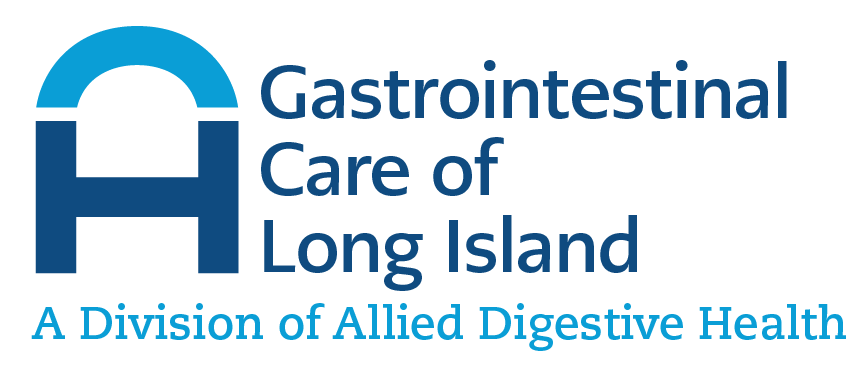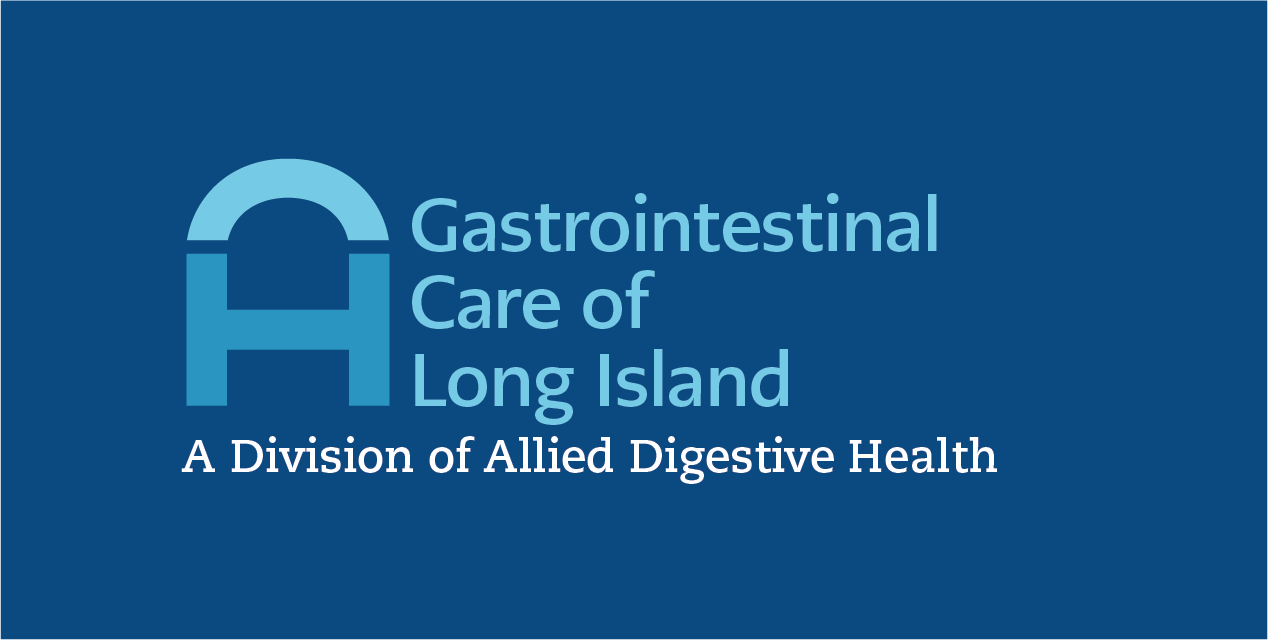Gastroesophageal Reflux Disease Diet (GERD)
Symptoms associated with acid reflux or GERD can be caused by a number of factors, including certain foods, may cause the lower esophageal muscle to relax, causing GERD. A diet designed to prevent or reduce acid reflux is usually easy to follow. The basic food groups of cereals, vegetables, fruits, dairy products, and meats can be eaten with only a few limitations.
The following recommendations may be helpful in reducing symptoms:
- Stop using tobacco in all forms. Nicotine weakens still lower esophageal muscle.
- Avoid chewing gum and hard candy. They increase the amount of swallowed air which, in turn, leads to belching and reflux.
- Do not lie down immediately after eating. Avoid late evening snacks or large meals.
- Avoid tight-fitting clothing and bending over after eating.
- Eat small, frequent portions of food and snacks if needed.
- Lose weight if overweight. Obesity leads to increased reflux.
- Elevate the head of the bed 6 to 8 inches to prevent reflux while sleeping. Extra pillows, by themselves, are not very helpful.
- The following foods aggravate acid reflux, and should be avoided:
- fatty or fried foods
- whole milk
- chocolates
- oils
- peppermint and spearmint creamed foods or soups
- most fast foods
- The following foods irritate an inflamed lower esophagus and may need to be limited or avoided: citrus fruit and juices, alcohol, and caffeinated beverages such as coffee, tea, and soft drinks.
- Spicy or acidic foods may not be tolerated by some individuals and may need to be avoided.
Foods that contribute to gas production
Legumes
Most beans, especially dried beans and peas, baked beans, soybeans, lima beans
Milk, milk products
Milk, ice cream, and cheese
Vegetables
Cabbage, broccoli, Brussel sprouts, cauliflower, cucumbers, sauerkraut, kohlrabi, asparagus
Root Vegetables
Potatoes, rutabaga, turnips, radishes, onions
Fruits
Prunes, apricots, apples, raisins, bananas
Fatty Foods
Pan-fried or deep-fried foods, fatty meats, rich cream sauces and gravies, pastries (white fatty foods are not carbohydrates, they too can contribute to intestinal gas)
Liquids
Carbonated beverages, certain medications


